Marriage as a Solution for Protecting Chastity in Islam
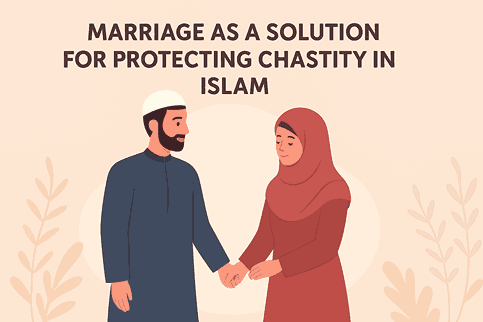
Introduction
In the modern world, where immorality and temptation are widespread, protecting one’s chastity has become increasingly challenging. Islam recognizes human desires as natural and provides a lawful, dignified, and balanced way to fulfill them: marriage. Far from being a mere social contract, marriage in Islam is a sacred institution that preserves morality, protects the family structure, and ensures the well-being of individuals and society. This article explores how marriage serves as a solution for safeguarding chastity in Islam, supported by Islamic teachings and ethical principles.
The Importance of Chastity in Islam
Chastity (haya and iffah) holds a central place in Islamic morality. The Qur’an instructs both men and women to lower their gaze and guard their modesty (Qur’an 24:30–31). Preserving chastity is not merely about avoiding illicit sexual acts; it is also about maintaining purity in thoughts, intentions, and actions.
The Qur’an and Prophet Muhammad ﷺ warn against the destructive consequences of zina (fornication and adultery), which harms individuals, families, and society. By promoting modesty and discouraging free mixing, Islam seeks to create an environment where chastity can be upheld and respected.
Marriage as a Lawful Outlet for Desires
Islam acknowledges that sexual desires are natural and powerful. Suppressing them completely can lead to frustration, psychological stress, or immoral behavior. Therefore, marriage provides a lawful and honorable channel to fulfill these desires while maintaining spiritual and moral integrity.
The Prophet Muhammad ﷺ said:
“O young men, whoever among you can afford marriage, let him marry, for it is more effective in lowering the gaze and guarding chastity…” (Sahih al-Bukhari and Sahih Muslim)
This hadith emphasizes that marriage is a shield that protects believers from falling into sin by providing them with a lawful partner.
Building Emotional and Spiritual Stability
Marriage does more than fulfill physical desires; it offers companionship, emotional support, and spiritual growth. Islam views spouses as garments for each other (Qur’an 2/187), symbolizing closeness, protection, and comfort.
This companionship helps reduce loneliness and emotional vulnerability, which are often triggers for immoral behavior. When individuals are emotionally fulfilled within their marital bond, they are less likely to seek illicit relationships or become prey to temptations.
Strengthening Society Through Morality
When individuals protect their chastity through marriage, the entire society benefits. Marriage creates stable families, which are the foundation of a healthy community. Children born within marriage are raised with love, responsibility, and a sense of belonging.
In contrast, widespread immorality and extramarital relationships often result in broken families, neglected children, and moral decay. By promoting marriage, Islam safeguards the lineage (nasab) and ensures the transmission of moral values to future generations.
Early Marriage and Its Role in Guarding Chastity
Islam encourages marrying at a suitable and early age when one is capable of fulfilling marital responsibilities. Delaying marriage without valid reasons can expose youth to unnecessary temptations.
While Islam does not enforce a fixed age, it urges parents and communities to make marriage accessible, simple, and free from excessive cultural demands like lavish dowries or extravagant weddings. This approach removes barriers that prevent young people from marrying and helps them remain chaste.
Practical Steps to Facilitate Marriage
To make marriage a more effective solution for protecting chastity, Islamic communities can take practical measures:
-
Simplify marriage customs – Avoid extravagant expenditures that make marriage difficult.
-
Provide premarital education – Teach youth about Islamic family values, responsibilities, and the purpose of marriage.
-
Promote lawful matchmaking – Create community-based platforms where families can find suitable partners according to Islamic guidelines.
-
Offer financial and moral support – Assist those who want to marry but lack resources.
These steps can remove obstacles and encourage young Muslims to choose marriage instead of falling into sin.
Conclusion
In a world full of temptations, marriage stands as a powerful shield that preserves chastity and strengthens the moral fabric of society. Islam recognizes human desires and provides marriage as a lawful, compassionate, and practical solution. By encouraging early and simple marriages, supporting youth, and promoting Islamic family values, we can protect chastity and build strong, ethical communities.
Ultimately, marriage in Islam is not just a personal choice; it is a means of worship and a pathway to purity, emotional well-being, and social harmony.
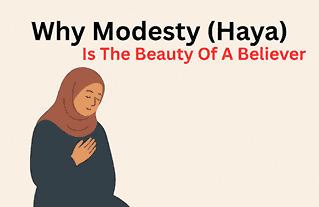

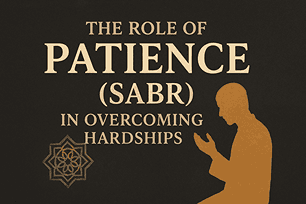


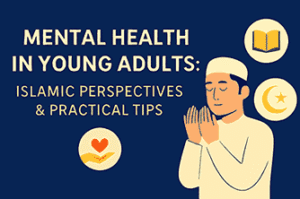

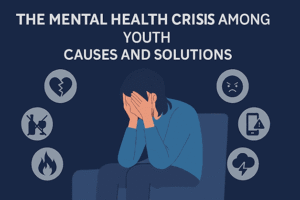




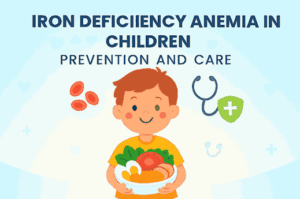
Post Comment